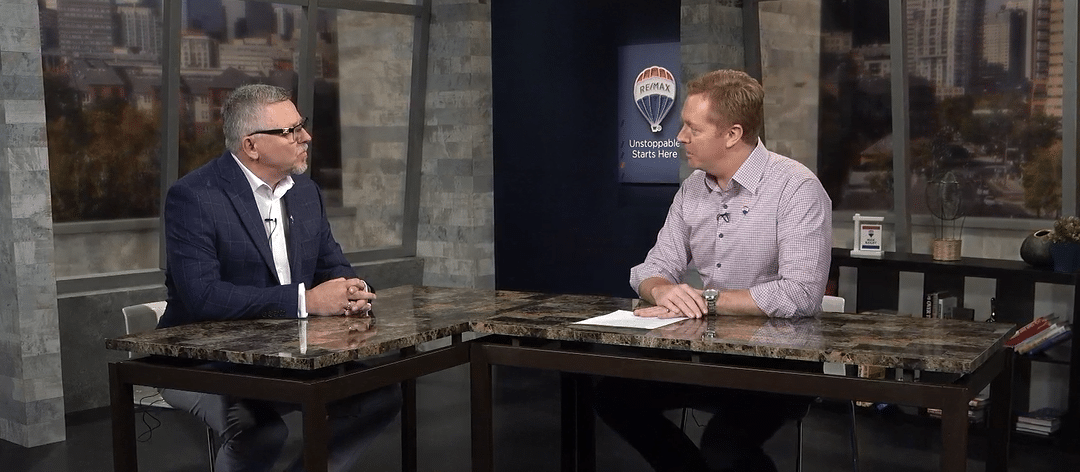
by Elsa Soto | Feb 28, 2024 | Blog, Buyers, Homeowners, Homes, Villas and Condos, Investment Property in Florida, Long Term Rental, New Listing, Property for Sale, Sellers
JUST LISTED: 8807 TOTTENHAM WAY, KISSIMMEE Blog Post 8 8807 Tottenham Way, Kissimmee, FL Click here to Get Directions Photos Maps & Local Schools Print $ CLICK FOR CURRENT PRICE 3 BEDROOMS 2 BATHROOMS 5271 sqft Lot Nestled along the tree-lined streets of the...

by Elsa Soto | Feb 27, 2024 | Blog, Buyers, Homeowners, News, Press Releases, Real Estate News, Renters, Sellers, Testimonials
Meet Josh Postlewait – Real Estate Agent at Re/Max Heritage Greetings, I’m Josh Postlewait, and I take immense pride in serving as a dedicated agent at RE/MAX Heritage, an esteemed brokerage with a rich history spanning over three decades. At RE/MAX...

by Elsa Soto | Feb 26, 2024 | Blog, Buyers, Homeowners, Homes, Villas and Condos, Local Events, Mortgages, News, Press Releases, Real Estate News, Renters, Sellers, Testimonials
Meet our Incredible Broker, Steve Silcock!!! Nick Bailey, esteemed President and CEO of Remax, graciously orchestrates a captivating and exclusive episode within the illustrious Mergers and Acquisitions Growth Series. This particular installment features none other...

by Elsa Soto | Feb 21, 2024 | Blog, Buyers, Homeowners, Homes, Villas and Condos, Long Term Rental, Mortgages, News, Real Estate News, Renters, Sellers
3 Key Factors Affecting Home Affordability To gain a comprehensive understanding of home affordability, it’s crucial to consider the interaction of three key elements: mortgage rates, home prices, and wages. Let’s delve into the latest insights on each...

by Elsa Soto | Feb 14, 2024 | Blog, Buyers, Homeowners, Homes, Villas and Condos, Long Term Rental, Mortgages, News, Real Estate News, Sellers
2 Impacts of Mortgage Rates If you’re in the market to purchase a home, you’ve likely been closely monitoring mortgage rates. Over the past few years, they experienced record lows, underwent significant increases, and are now showing signs of decreasing...

by Elsa Soto | Jan 24, 2024 | Blog, Buyers, Homeowners, Homes, Villas and Condos, News, Real Estate News, Renters, Sellers
REAL ESTATE NEWS! What You Need to Know About Saving For a Home in 2024 If you’re in the process of planning to buy a home, understanding budgeting and saving might seem daunting, but it doesn’t have to be. To alleviate concerns, it’s crucial to...








